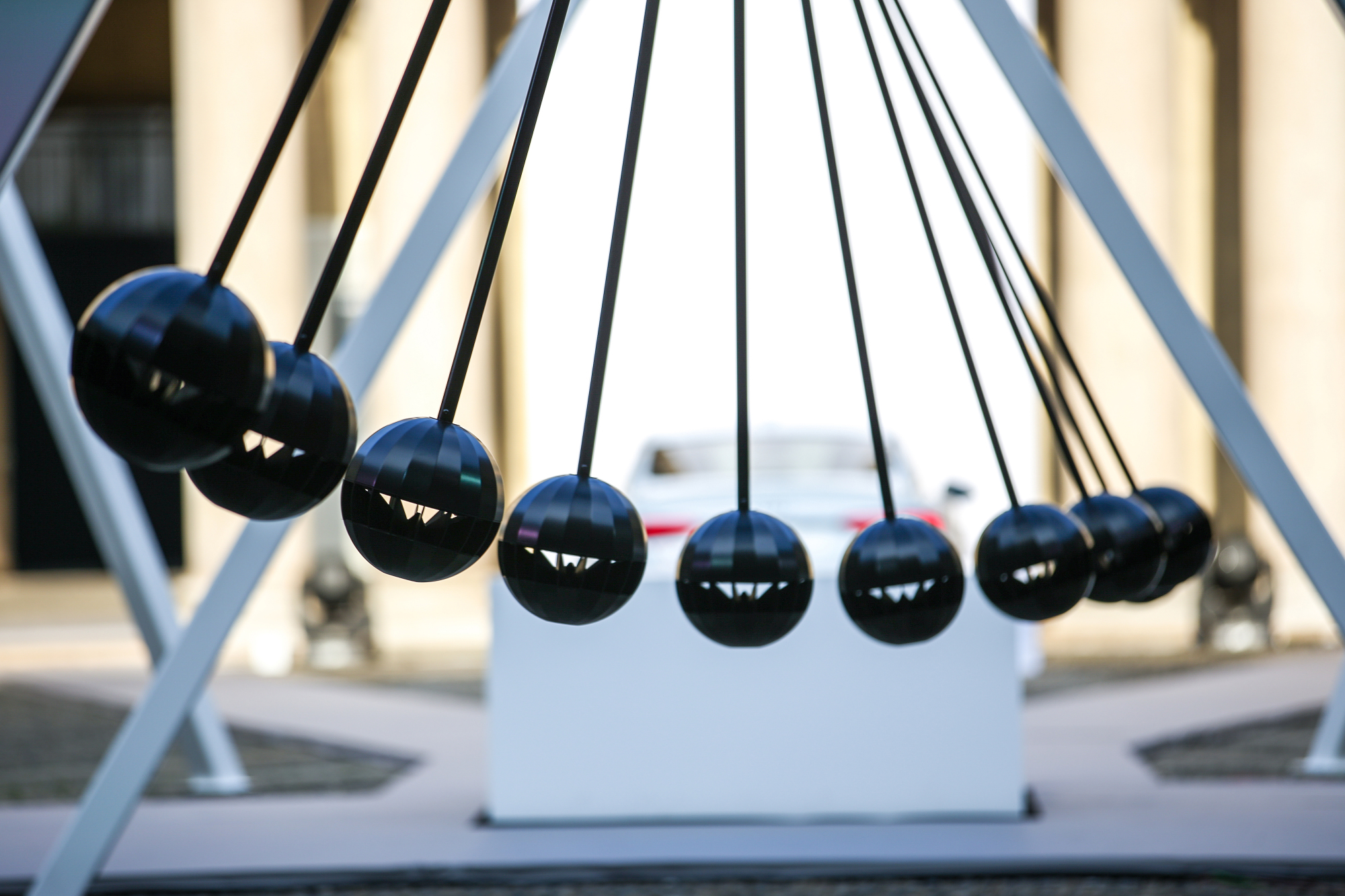As a boy in the 1980s, Yuri Suzuki fell under the spell of video games and his father's record collection. The family home was in bustling Shibuya Ward, near the border with Shinjuku, and the influence of global cultures within its walls was strong. Both parents were in publishing — his mother editor in chief of Soen, the seminal fashion magazine — and their tastes broad. Imports ranged from the classics to the avant-garde, with a tilt toward American popular culture. So young Yuri took indirect life lessons watching videotapes of "Saturday Night Live" as well as "MTV." His touchstones included both U.S. TV personality Mister Rogers and Italian music producer Giorgio Moroder. You could say he didn't fit in at school.
Things turned around for him as a teenager in the '90s, both socially and creatively. His parents' immersion in print notwithstanding, he was drawn toward the power of sound, and Wako Gakuen, where he attended secondary school, was a good place to explore that. A relatively small campus in Machida, Wako is known for its progressive curriculum and distinguished alumni, luminaries of manga, film, academia and politics — "Death Note" to the Diet. Suzuki entered in the wake of musician Keigo Oyamada (aka Cornelius) and other key figures of the Shibuya-kei scene. "People there were naturally into music culture," Suzuki recalls. "I used to play trombone in a ska-punk band. Then I started making techno music, so I also became an engineer recording friends' music."
Still, Suzuki was something of an individualist, a honne teen in a tatemae world. "Another band I got fired from because I couldn't read any musical scores," he says.


















With your current subscription plan you can comment on stories. However, before writing your first comment, please create a display name in the Profile section of your subscriber account page.